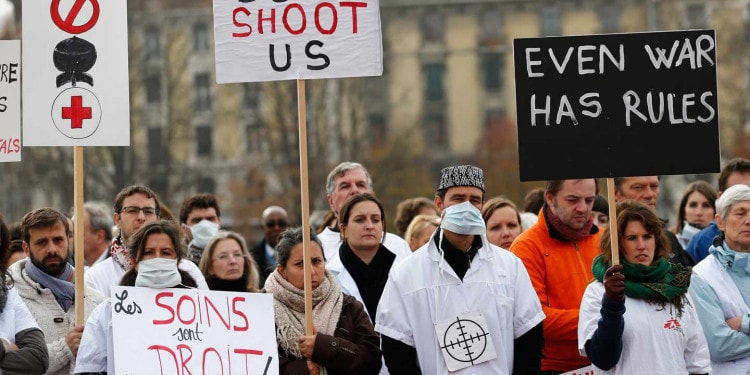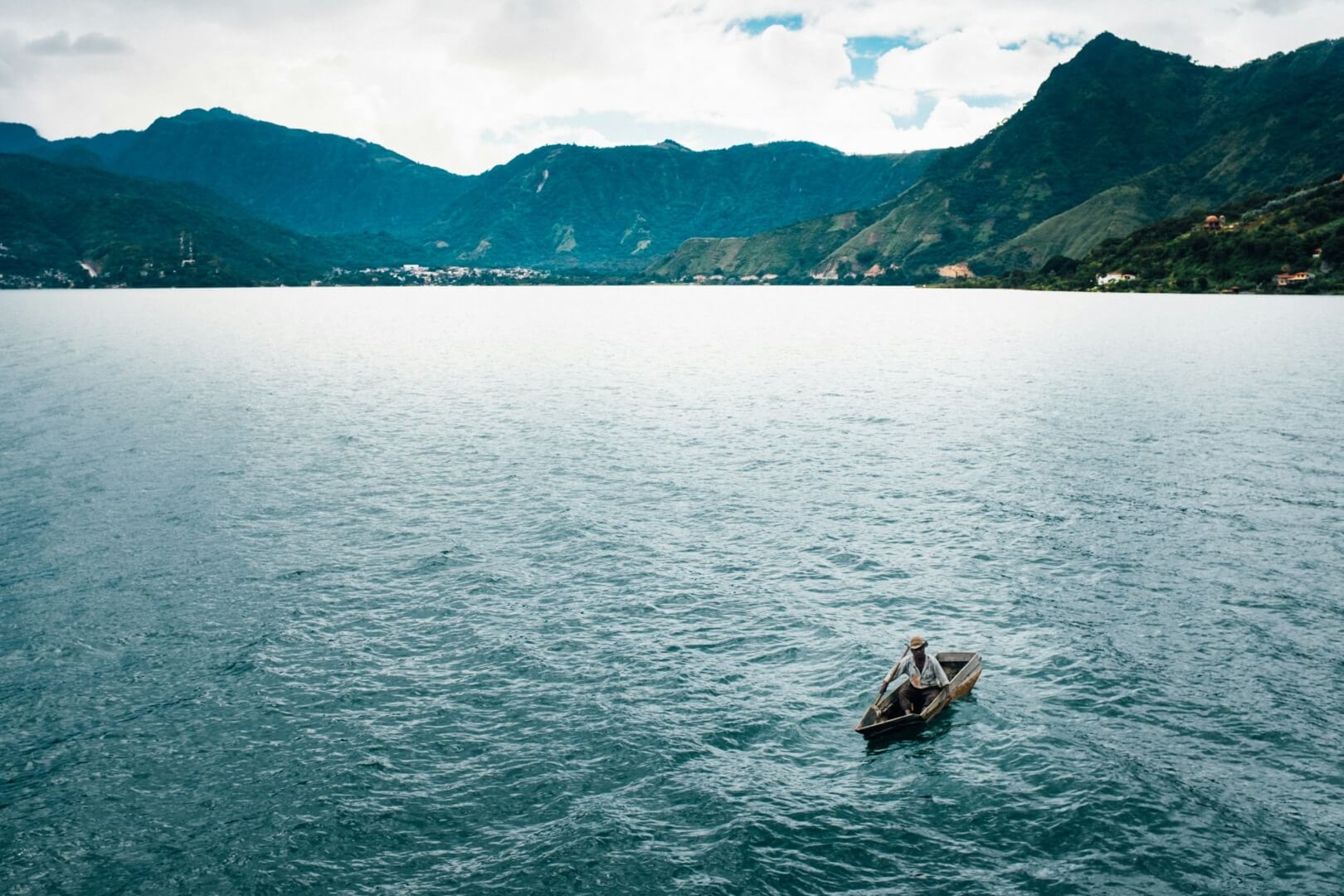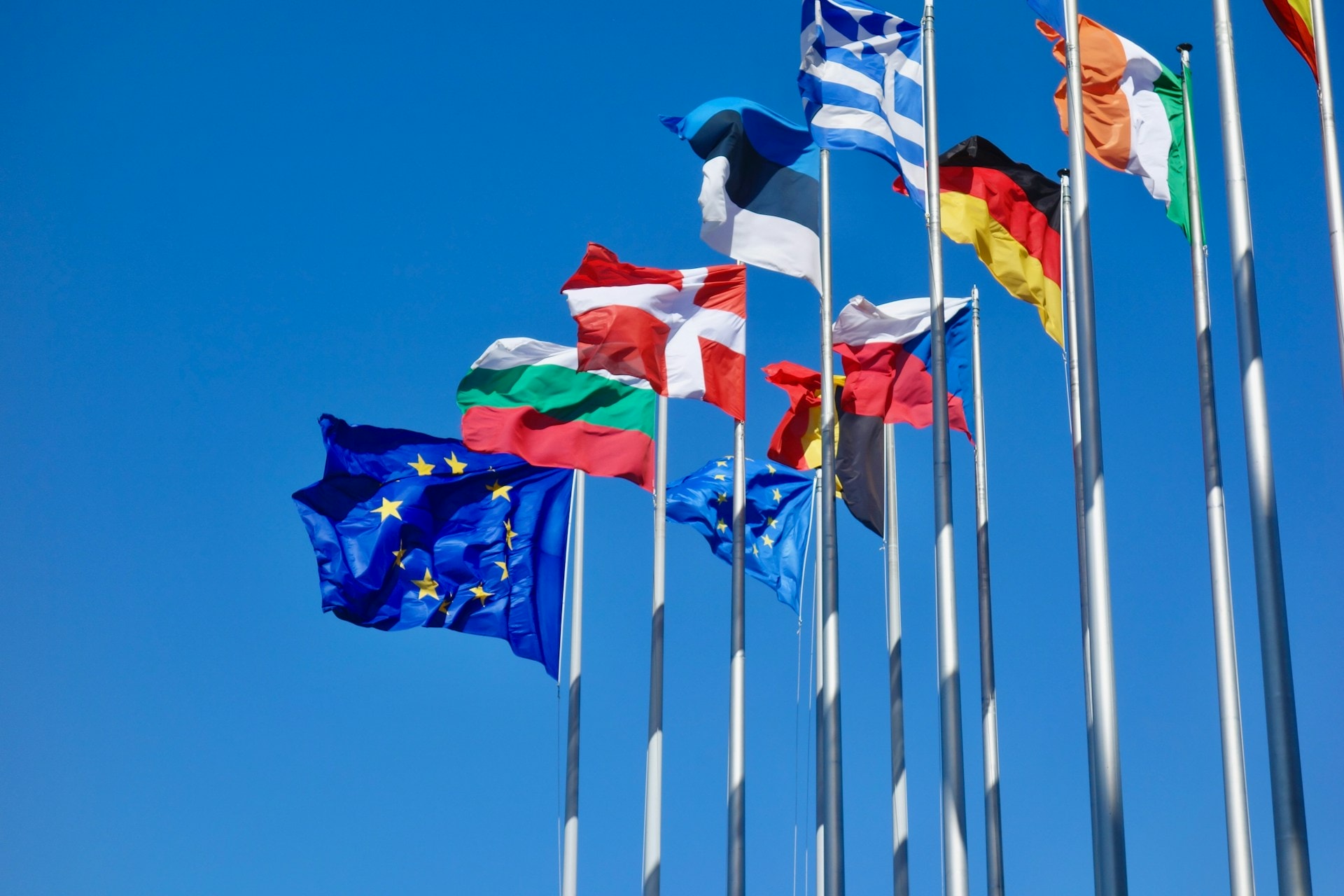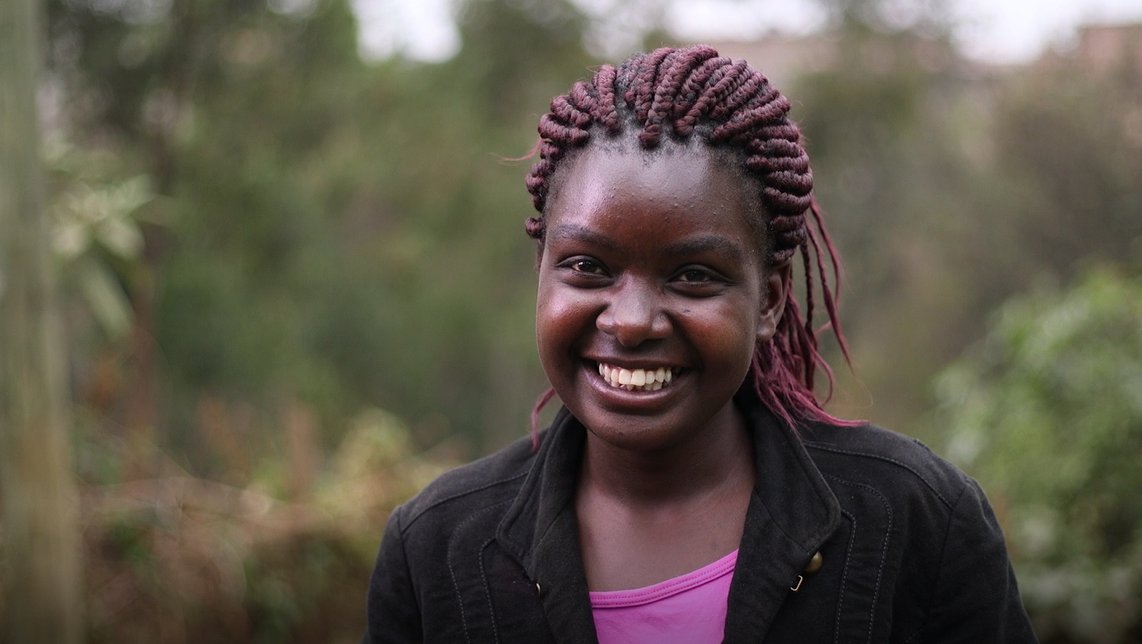The 2018 Annual Report of Doctors Without Borders (MSF), an organization for humanitarian purposes, has been released.
The new Director General of the Office for South America, Josefina Martorell, has confessed that 2018 was not an easy year for MSF or other humanitarian organizations. These organizations were evicted from some areas where they helped people in difficult situations. This displacement of humanitarian organizations violates the pillars of Humanitarian Law. Josefina explains that certain countries’ tendencies to criminalize humanitarian organizations is increasing.
In 2018, MSF teams worked in more than 70 countries helping those wounded in battle, attending to epidemic outbreaks (such as Ebola in the Congo) or treating Tuberculosis cases (TB produces 1.6 million deaths per year), in addition to supporting those fleeing from violence.
The work MSF does can be dangerous. For example, in Syria, assistance groups were caught in the midst of violence caused by bombings in Idlib and Eastern Ghouta. With the cities blocked, civilians were left without means to receive medication or any other forms of medical attention.
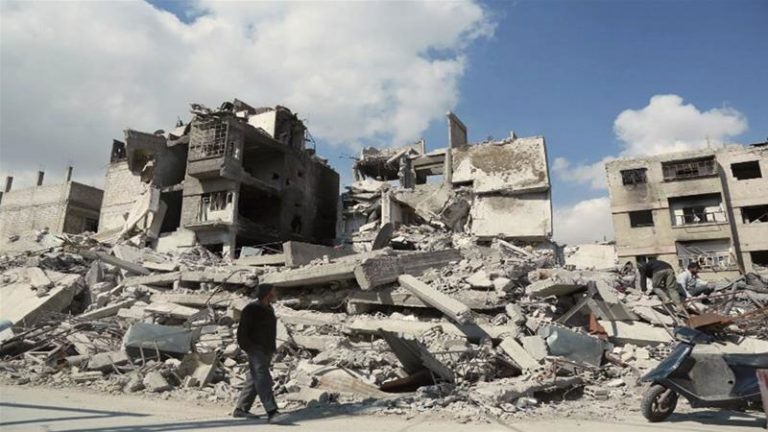
Photo Credit: AlJazeera
The regulations governing the actions of independent, neutral, and impartial organizations such as MSF are included in the International Humanitarian Law, the Public International Law, and the Geneva Conventions of 1949, specifically the Geneva IV Convention concerning the protection of civilians in times of war and two additional protocols. The scope of the Geneva agreements includes the protection of health personnel who transport, treat, and prevent sickness and injury.
Resolution 70/104 was adopted by the United Nations General Assembly in 2015. This resolution ensures the security of the staff providing humanitarian assistance including those who are working for the United Nations. This resolution reminds all parties in the conflict of their obligation, in accordance with the Geneva Conventions, to respect and enforce International Humanitarian Law in all environments and urges them to ensure the respect and protection of personnel providing humanitarian assistance. This resolution reinforces the Rome Statute of the International Criminal Court which states that crimes committed against the personnel of a humanitarian assistance mission are war crimes.
The International Criminal Court can prosecute individuals who are responsible for serious violations of the International Humanitarian Law. All countries should become part of the Statute of the International Criminal Court so that the court can investigate further cases and prosecute those who are responsible of war crimes.
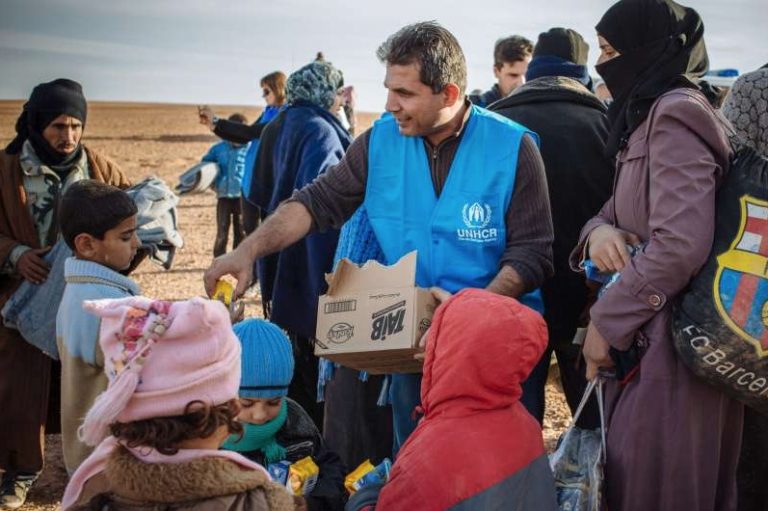
In 2016, the United Nations Security Council approved Resolution 2286 which condemns acts of violence, attacks, and threats against the wounded and sick, health professionals, and humanitarian personnel. It also establishes that the means of transport of medical mission personnel and their equipment to hospitals must be protected and that the passage of personnel in medical missions cannot be blocked. Additionally, it requires all parties to respect Human Rights and International Humanitarian Law (Geneva Conventions 1949 and their Protocols of 1977 and 2005).
However, MSF has faced risks, interruptions, attacks, and blockades in different parts of the world, especially in Europe and in Africa, where they operate with the most intensity. The Secretary General of the United Nations, Antonio Guterres, stressed that in 2018 alone, 23,000 civilians died or were injured in six countries.
Legislation and commitments to protect civilians and humanitarian personnel in conflict are in abundance, yet neither international organizations nor countries have found an assertive method to follow through with these promises. It is not easy to pressure another state into enforcing protection for civilians so that humanitarian aid can be carried out without aggravating other jus cogens principles and norms of Public International Law, such as the Principle of Non-Intervention.
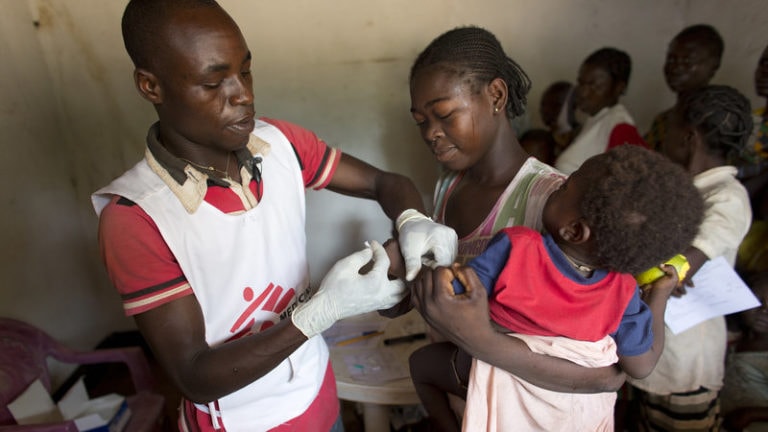
Photo Credit: Ton Koene/ MSF
We must remember that this principle of states’ self-control is proclaimed in the OAS Charter, League of Arab States, Pan American Conferences of Montevideo, Buenos Aires, Chapultepec and Bogotá, Bandung Conference, the Conference of Non-Aligned Countries in Belgrade, and is present in the institutional declarations of most countries. The Principle of No Direct or Indirect Intervention in the affairs of another state is materialized in Resolution 2131 (XX) of the United Nations General Assembly of 1965.
Much work is left to be done to reconcile the internal laws of states with what has been agreed upon in the international system. Peace negotiation processes are made even more difficult due to language and cultural barriers. Between the resurgence of radicalism, terrorism, and internal conflicts, one wonders if the humanitarian war codes were lost or if they ever existed at all.
Editor’s Picks:
Destigmatizing Migration: A Different Perspective
A Human Rights Crisis: Political Prisoners in Venezuela
Post-Conflict: The Mass, Systematic Killings of Social Leaders in Colombia
We cannot keep looking aside while the foundations of humanitarian law are broken. To fix this issue, the Secretary General of the United Nations made some recommendations including speeding up the investigation and prosecution processes of serious accusations of human rights violations, negotiating secure access to humanitarian assistance globally, and ensuring accountability for serious violations of the laws. “We have rules and laws of war. We must all work to respect them,” alleged Guterres.
It is a norm included in the principles of humanitarian law that the states shall allow the passage and work of humanitarian aid teams when they work in an equitable and impartial manner. The refusal of such aid cannot occur as improvised or without support from other countries. In 2001, the Doctrine of the Responsibility to Protect emerged. This doctrine declared that each state should be responsible for protecting its civilians from genocide, crimes against humanity, mass attacks, and mass violations of human rights. The Doctrine is under construction and an expansion of it is needed.
When the Security Council defines resolutions in order for humanitarian assistance to reach conflict zones, most are ignored and assistance groups continue to face border closures, blockages, and violence. Teams are susceptible to gun violence or kidnappings when helping at the core of conflicts due to a lack of state support. Meanwhile, 125 million people need humanitarian aid.
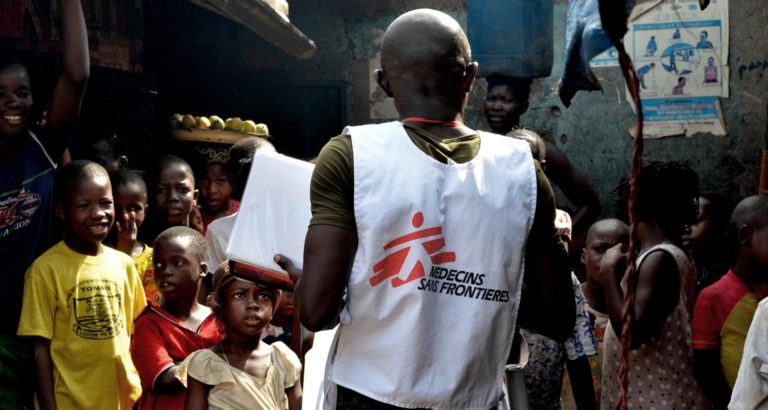
“Doing something is better than remaining a spectator,” says Natalia Achá Godoy of the MSF team. In Spanish-speaking South America, the team is formed as follows: 65% are medical practitioners while 35% are secretaries, administrators, human resources, financial coordinators or hold other administrative jobs. The majority of MSF workers in South America are from Argentina, Colombia, and Peru, representing 41%, 32%, and 25% respectively. The smallest representations come from Bolivia and Uruguay with 3% and 1%. It seems that those who are most affected by conflict are the most likely to want to help. This relationship is also probably a result of the fact that the majority of the staff hired by MSF are recruited in the same countries where the teams are working.
Where hunger, war, and injustice do not cease, MSF assists with its greatest force. In Africa, the cradle of the world, 250 active MSF projects operate. The largest budgets and assistance developments are deployed in the Congo, South Sudan, Yemen, and the Central African Republic. The second area in which MSF is most active is the Middle East with 78 active projects. MSF has 70 active projects in Asia and the Pacific while in Europe and America 24 projects are located in the most violent areas.
For its humanitarian work providing medical assistance to populations, victims of disasters, and/or those involves by armed conflicts and epidemics, MSF received the Nobel Peace Prize in 1999.


